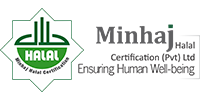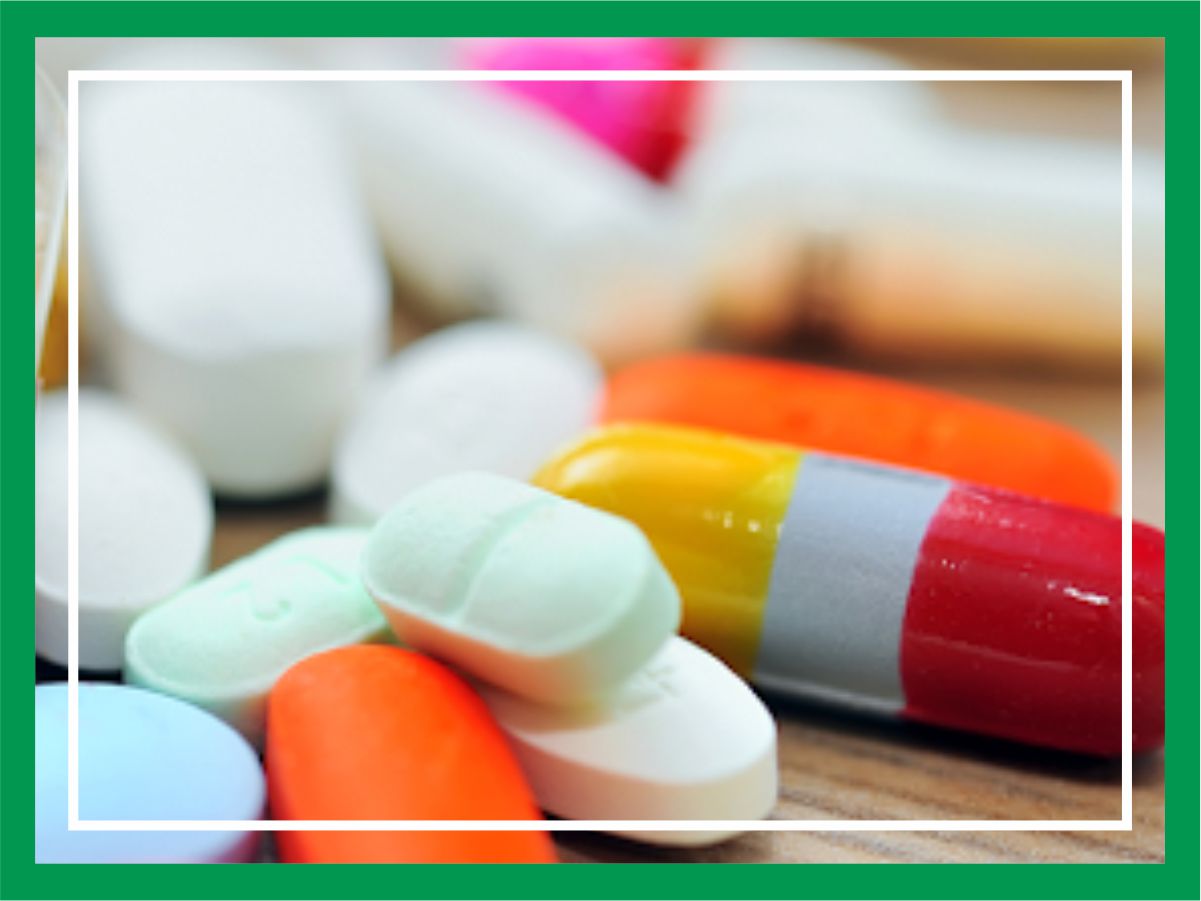Pharmaceuticals
Islam has a long history of medical innovation and treatment, in the line with Quranic tenets to encourage a holistic way of life. Modern medicine and pharmaceuticals integration with Halal has emerged into a multimillion-dollar industry of Halal Pharmaceuticals. Although in Islamic tradition, one can consume a Haram product as medicine under compulsion, Muslim consumers generally avoid anything knowing taking anything that is Haram or doubtful. The majority of pharmaceuticals contain ethanol and animal derivatives and hence cannot be certified as Halal. Pharma sector started preparing alternatives ingredients and methods according to Islamic Laws to make them Halal. Tablets can be coated with gelatin or especially with lipids such as polysorbates. Halal-certified gelatin and lipids of plant origin shall be used for Halal tablets. Sugar and plant protein can also be used as a coating material for Halal tablets. Liquid Supplements and Syrups formulation are standardized with ethyl alcohol as preservatives or solvents. Alternatives such as mixtures of propylene glycol and water can be used. The amount of alcohol in the finished product can not be more than 0.1%.
Soft Gel Capsules are one-piece capsules used to be made exclusively from gelatin. They can now also be made through vegetable ingredients. Halal-certified bovine and fish gelatin are also available for this purpose. Soft Gel Capsules might also contain glycerin or fatty chemicals which shall be from plant source for Halal Certification. Hard gel Capsules are two-piece capsules that are exclusively prepared with gelatin. There are now vegetarian capsules. Both vegetarian and petroleum sources are considered Halal for Hardgel Capsules. Consumers are getting awareness in Muslim countries and there is rising demand of Halal certified two-piece capsules because gelatin is peptides and proteins produced by partial hydrolysis of collagen extracted from the skin, bones, and connective tissues of animals and such animals are mostly pigs and Haram animals, however now many Muslim countries including Pakistan are exporting Halal gelatin as well which is manufactured by Shariah compliance. To ensure almost universal acceptability, it is recommended that pharmaceuticals and nutritional and dietary food supplements be manufactured by avoiding all traces of slaughtered animals or human remains so that the product is acceptable for Halal certification.
If you want to know more about Halal certification of Pharmaceutical products please contact Minhaj Halal Certification.
Soft Gel Capsules are one-piece capsules used to be made exclusively from gelatin. They can now also be made through vegetable ingredients. Halal-certified bovine and fish gelatin are also available for this purpose. Soft Gel Capsules might also contain glycerin or fatty chemicals which shall be from plant source for Halal Certification. Hard gel Capsules are two-piece capsules that are exclusively prepared with gelatin. There are now vegetarian capsules. Both vegetarian and petroleum sources are considered Halal for Hardgel Capsules. Consumers are getting awareness in Muslim countries and there is rising demand of Halal certified two-piece capsules because gelatin is peptides and proteins produced by partial hydrolysis of collagen extracted from the skin, bones, and connective tissues of animals and such animals are mostly pigs and Haram animals, however now many Muslim countries including Pakistan are exporting Halal gelatin as well which is manufactured by Shariah compliance. To ensure almost universal acceptability, it is recommended that pharmaceuticals and nutritional and dietary food supplements be manufactured by avoiding all traces of slaughtered animals or human remains so that the product is acceptable for Halal certification.
If you want to know more about Halal certification of Pharmaceutical products please contact Minhaj Halal Certification.

